What to Say When Calling In Sick for Mental Health Reasons
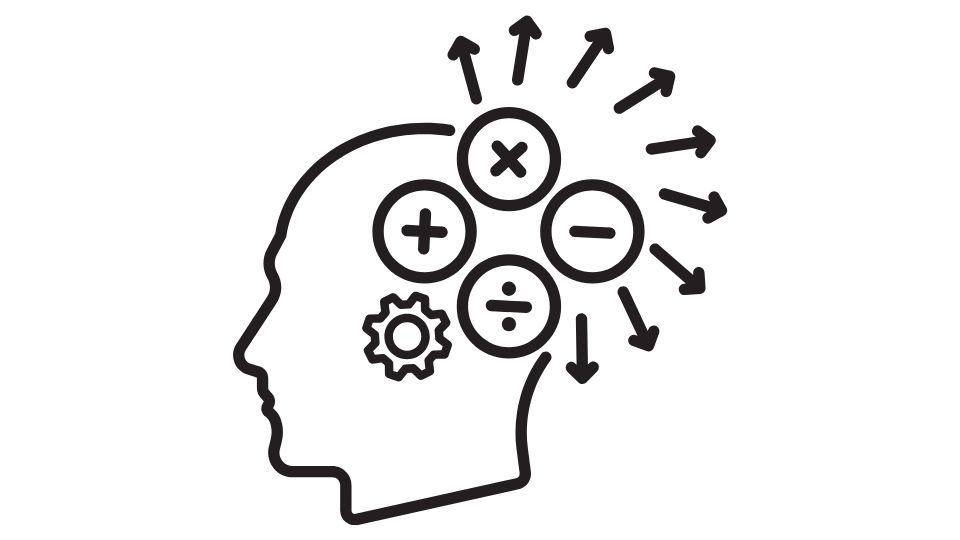
Let’s be real – calling in sick for a mental health day can feel awkward AF.
You’re staring at your phone thinking: “Do I make up some fake stomach bug? Or do I actually tell my boss I’m having a panic attack and can’t function today?”
I get it. The struggle is real.
But here’s the thing – mental health days are just as legitimate as physical sick days. And with the right approach, you can take the time you need without the extra serving of anxiety that often comes with it.
How to Call in Sick for Mental Health (Without the Awkward Vibes)
The key to calling in sick for mental health reasons is finding that sweet spot between honesty and oversharing. You want to be truthful without feeling like you’re reading your therapist’s notes to your manager.
Think of it this way: when you have the flu, you don’t describe every bathroom visit in graphic detail. You just say “I’m sick” and people get it. Mental health deserves the same straightforward approach.
What to Actually Say (Copy-Paste These If You Want)
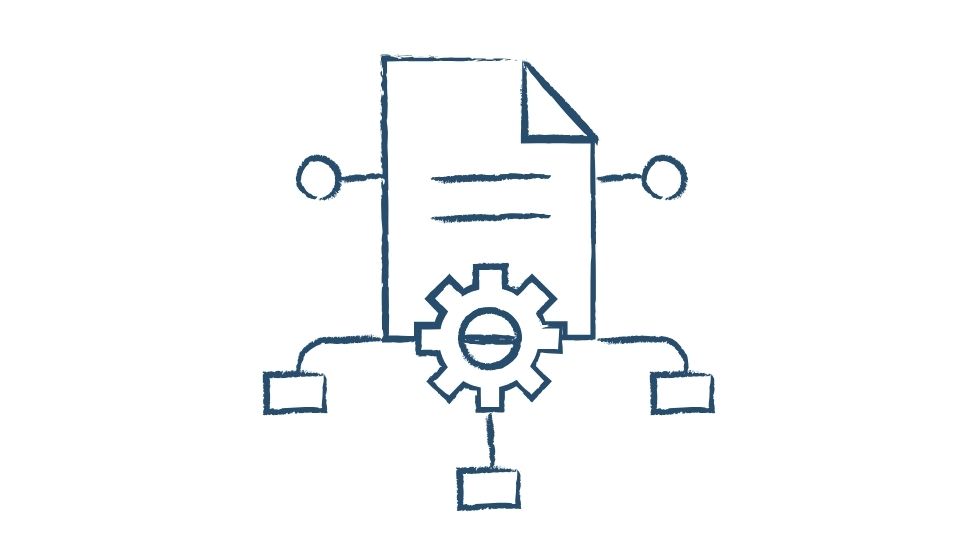
Your message can be super simple while still being honest. Try these on for size:
- “I’m not feeling well today and need to take a sick day.”
- “I need to take a personal health day today.”
- “I’m dealing with a health issue and won’t be able to come in.”
- “I’m struggling with my mental health and need to take the day to focus on recovery.”
If you’re more comfortable being direct about mental health (and your workplace is supportive), you can say:
- “I’m experiencing high anxiety today and need to take a mental health day.”
- “I need to take a day to focus on my mental wellbeing.”
Pro tip: Add something like “I’ll check in tomorrow” or “I’ll be back on track Wednesday” to show you’re responsible and this isn’t an indefinite situation. Research shows that setting clear boundaries around time off actually helps both you and your employer.
The Privacy Question: How Much Should You Share?
Here’s my take: You don’t owe anyone your diagnosis.
Just like you wouldn’t feel obligated to describe your intestinal distress in detail, you don’t need to explain exactly what’s happening with your mental health.
A 2021 survey by Mind Share Partners found that 68% of millennials have left roles for mental health reasons, compared to just 50% of older adults – showing that younger generations are prioritizing mental health, but many still feel uncomfortable discussing it openly at work.
Remember:
- Simple is better
- You control how much you share
- “Health reasons” is a completely valid explanation
- Your medical information is protected by law
Dealing with the Guilt Trip (The One You Give Yourself)
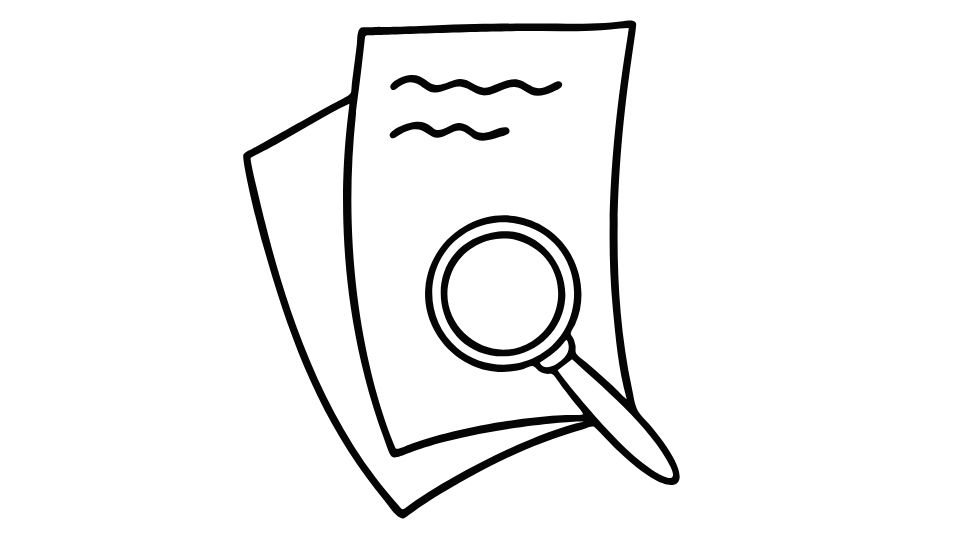
Let’s talk about that voice in your head saying: “But I’m not really sick, I should just power through.”
Stop that right now.
Mental health conditions physically impact your brain. Depression, anxiety, and burnout change your neurochemistry and affect your cognitive function. Harvard Medical School research shows depression can cause physical symptoms like fatigue, headaches, and digestive issues.
You wouldn’t try to “power through” a broken leg. Don’t try to power through a broken mental state.
What Your Boss Should (And Shouldn’t) Say
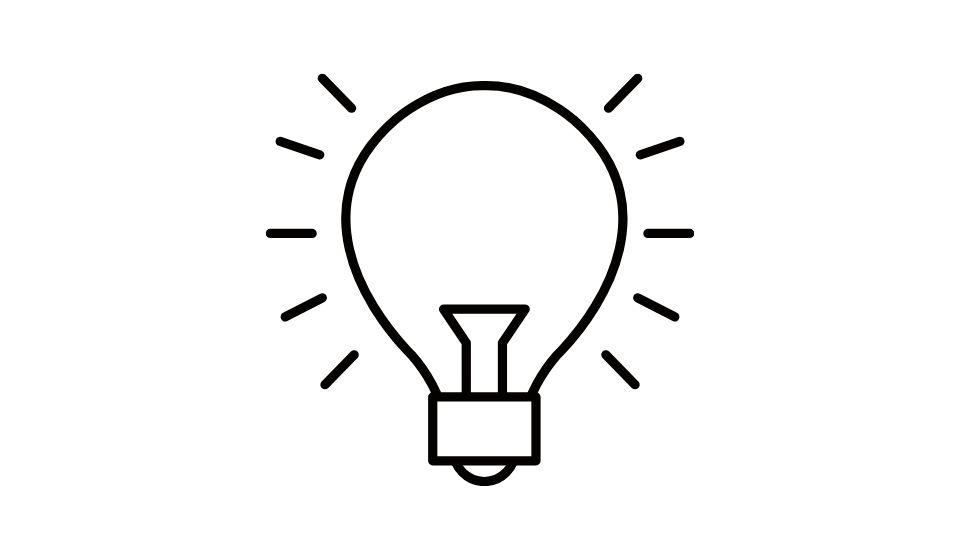
If you’re a manager reading this, listen up!
Good responses include:
- “Thanks for letting me know. Take the time you need.”
- “I appreciate you taking care of yourself. Let me know if you need anything.”
- “No problem at all. We’ll handle things here.”
Responses that make things worse:
- “But we really need you today…”
- “What’s wrong? Tell me details.”
- “Are you REALLY sick though?”
- “Can’t you just work from home instead?”
According to workplace mental health experts, supportive responses from managers can actually reduce the length of mental health absences by making employees feel safe returning to work.
Common Scenarios & What to Say
If you’re having a panic attack:
“I’m dealing with an acute health issue today and won’t be able to come in.”
If you’re experiencing depression:
“I’m not feeling well and need to take a sick day to recover.”
If you’re burned out:
“I need to take a health day today to rest and recharge.”
If you’re comfortable being direct:
“I’m taking a mental health day to address some ongoing stress.”
The Real Talk on Workplace Mental Health Stigma
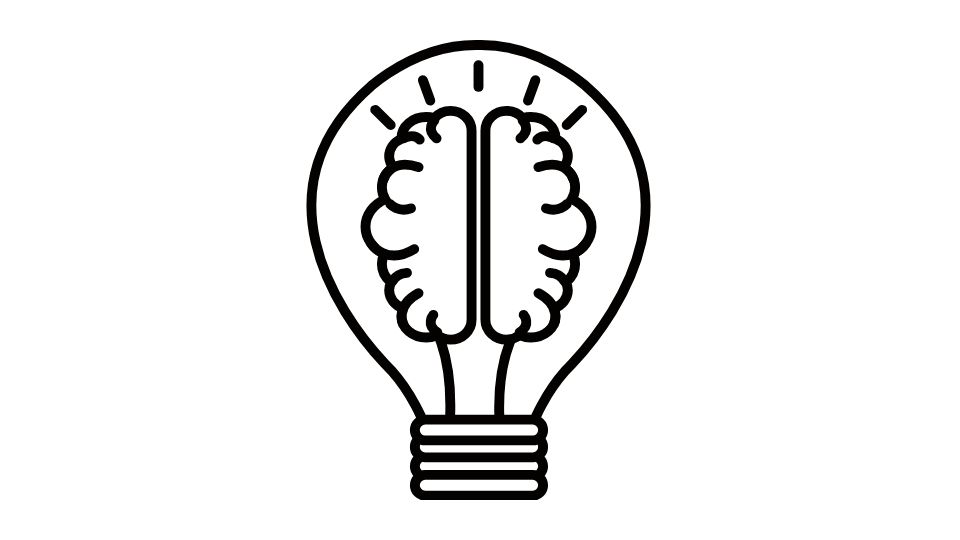
Let’s not pretend everything is perfect out there. Despite progress, many workplaces still have a long way to go in how they handle mental health.
A McKinsey report found that while 91% of employers say they support mental health, only 60% of employees feel their company actually provides adequate mental health support.
This gap is real and problematic.
If your workplace still treats mental health days with skepticism while physical illness gets instant acceptance, that’s not a you problem – it’s a them problem.
But change happens one conversation at a time, and by normalizing taking care of your mental health, you’re helping create better workplaces for everyone.
In Summary
Taking a mental health day isn’t weak – it’s smart preventative maintenance. Would you rather take one day now or be forced to take weeks later when you completely crash?
Be honest but protective of your privacy. Keep it simple. And remember that “I’m not feeling well today” is a complete sentence that requires no further explanation.
Your brain deserves the same care and respect as every other part of your body. Period.
